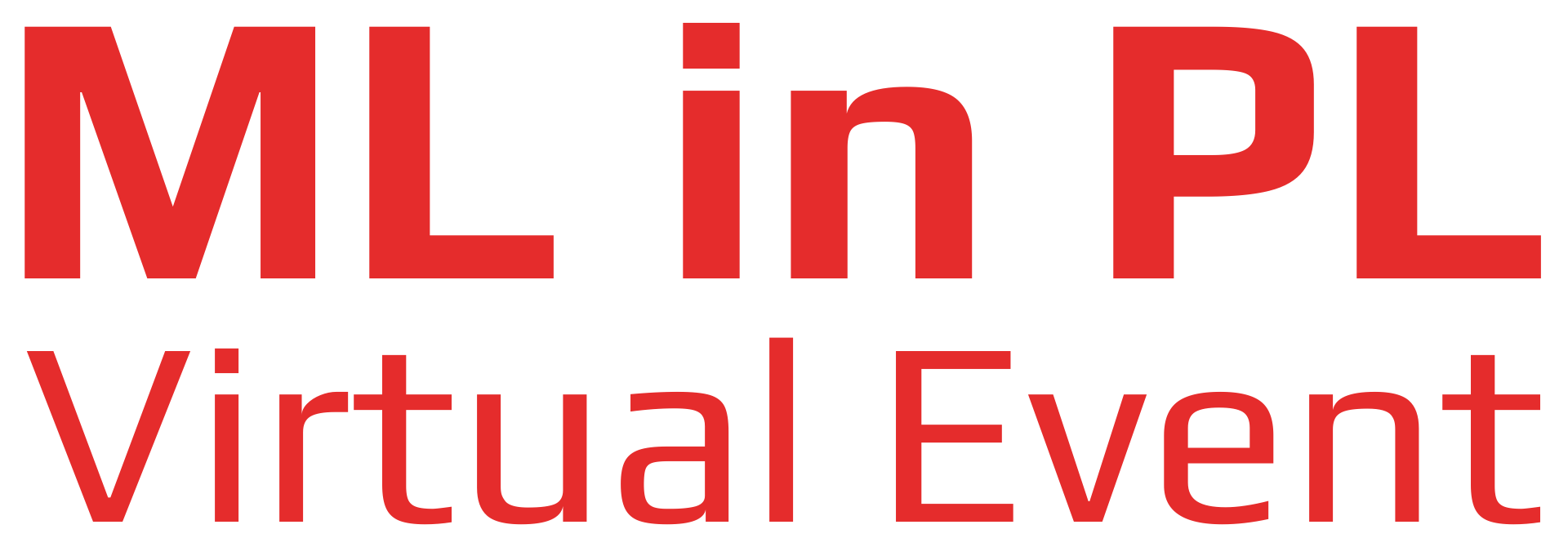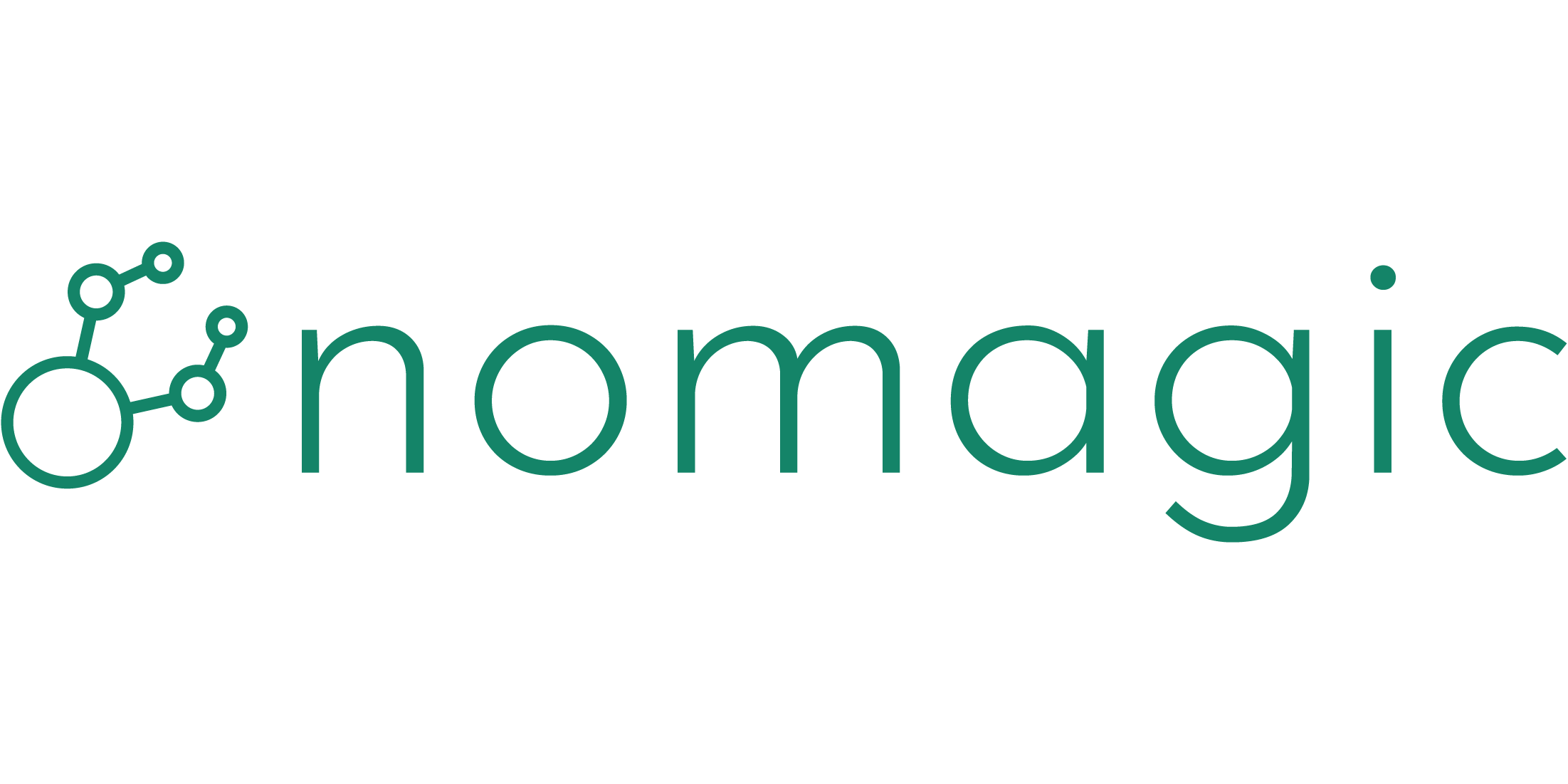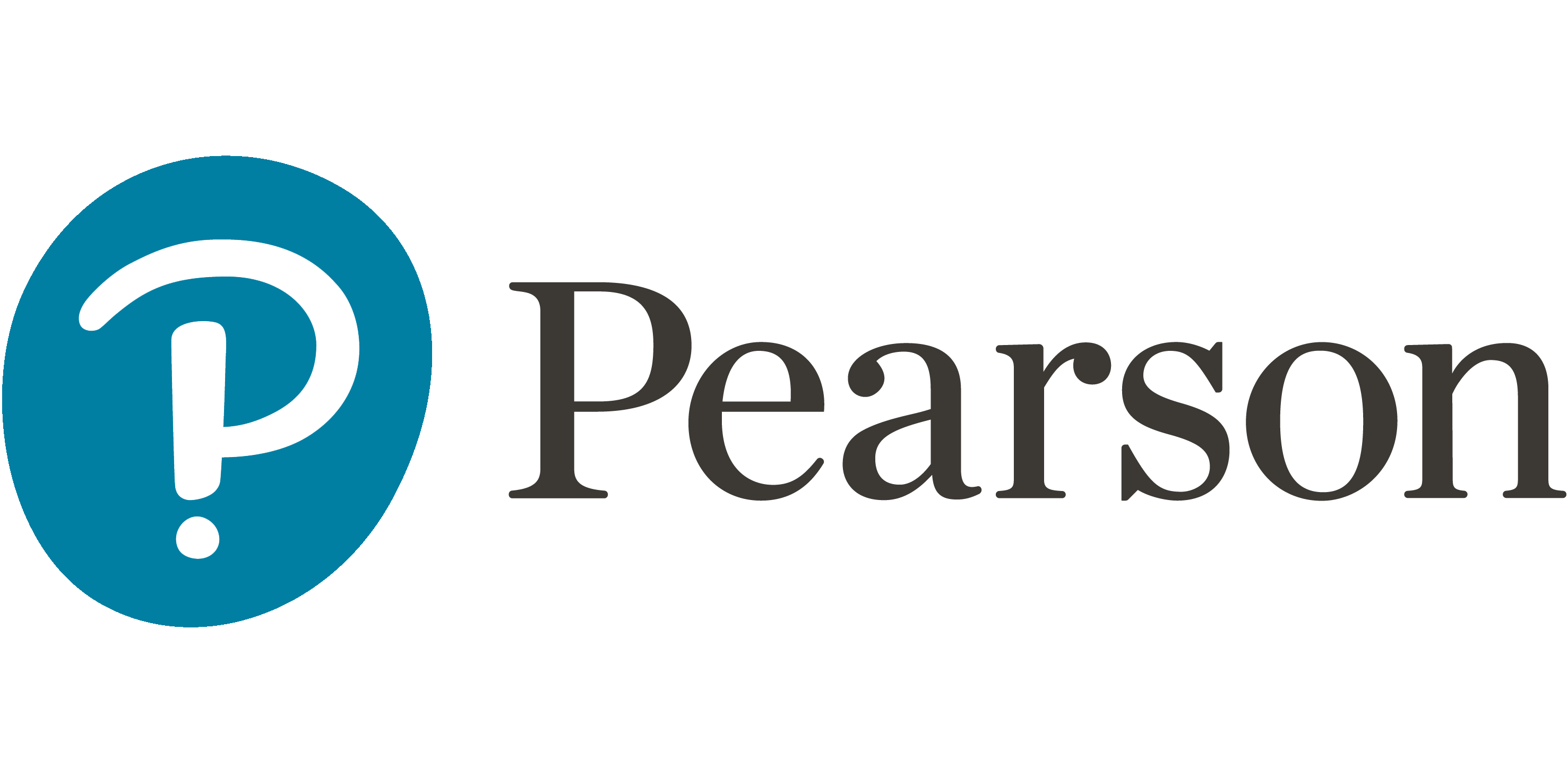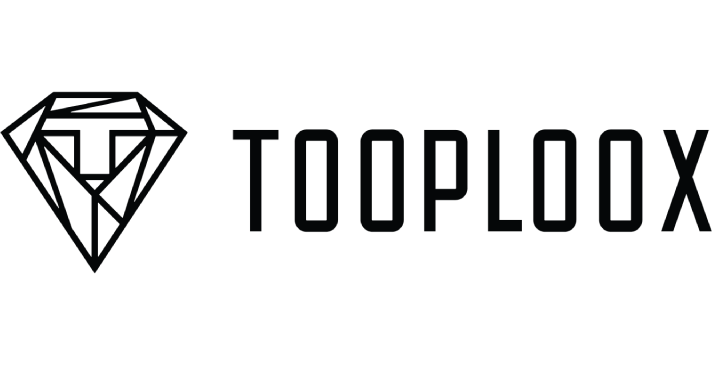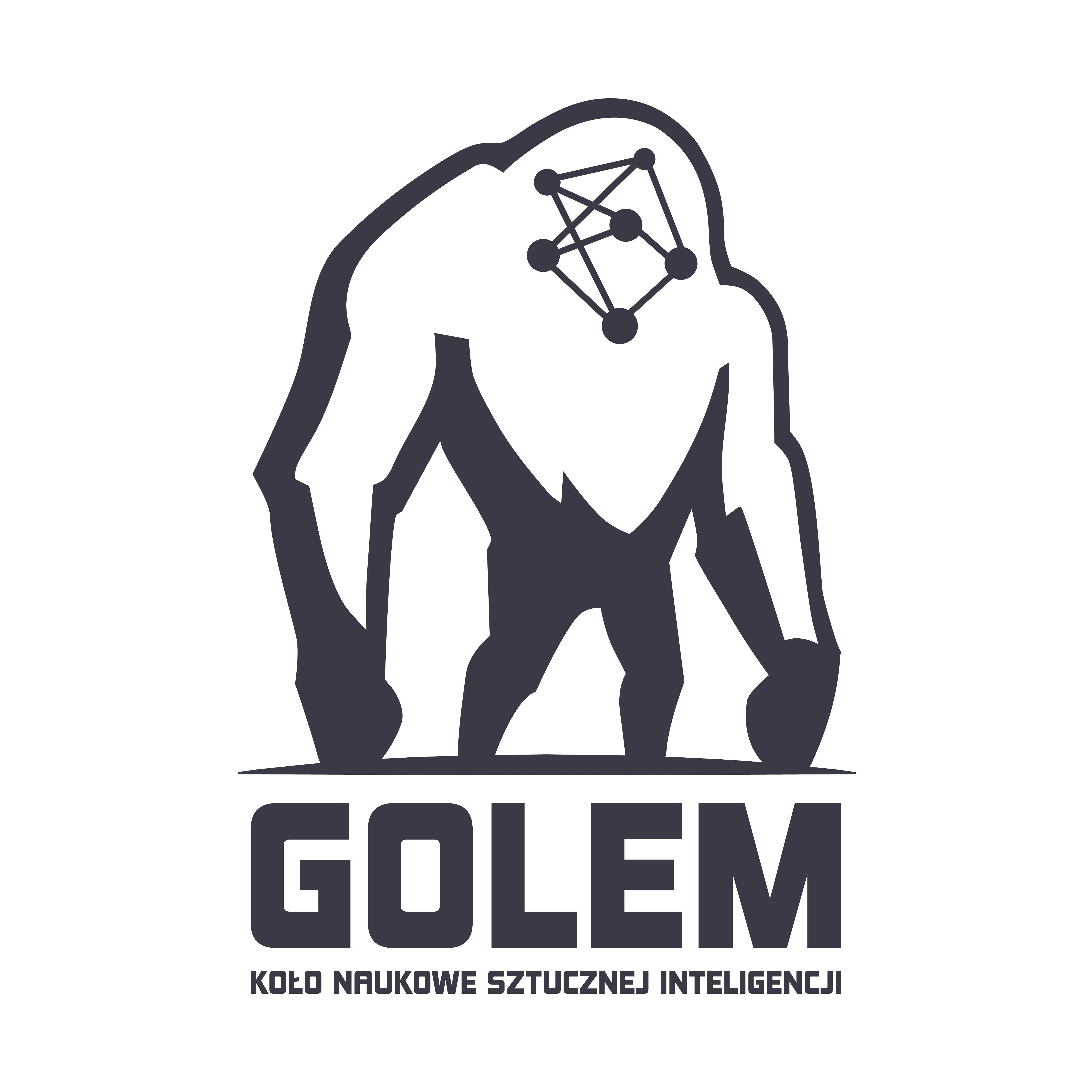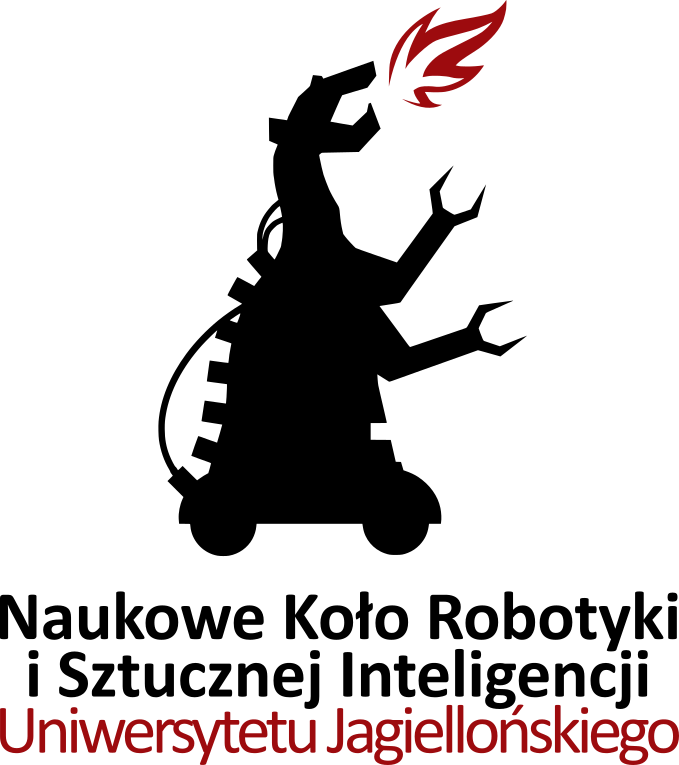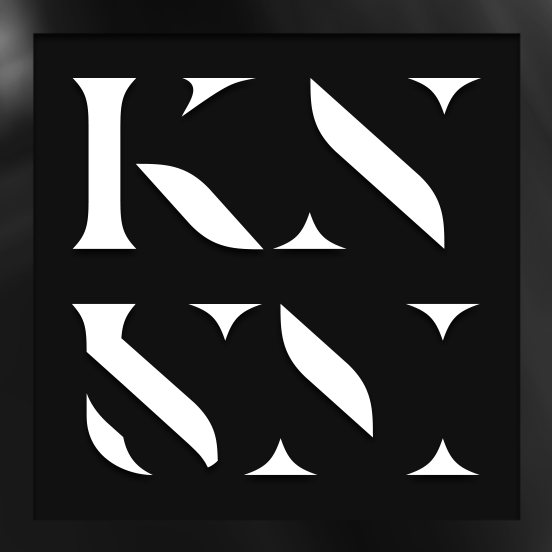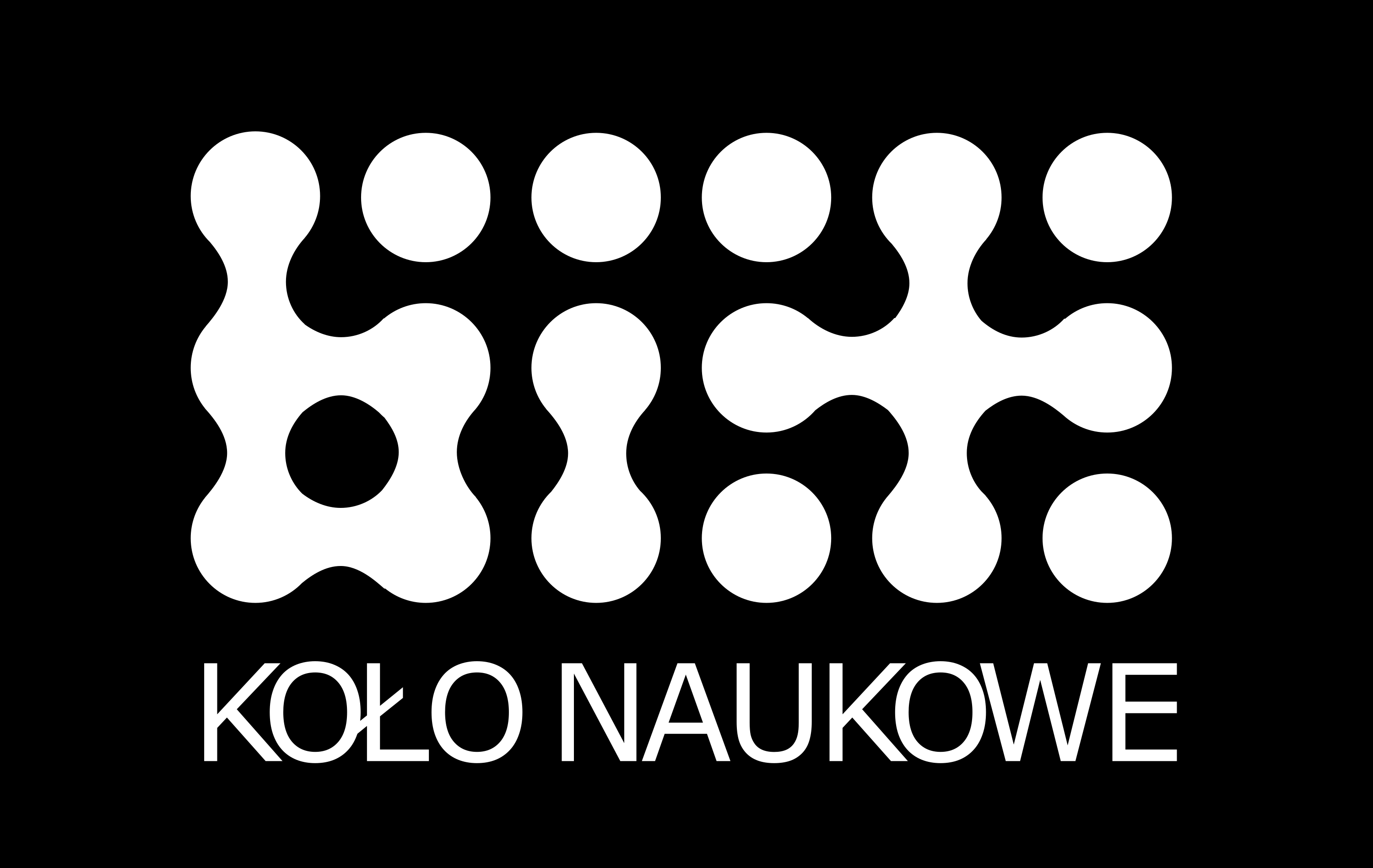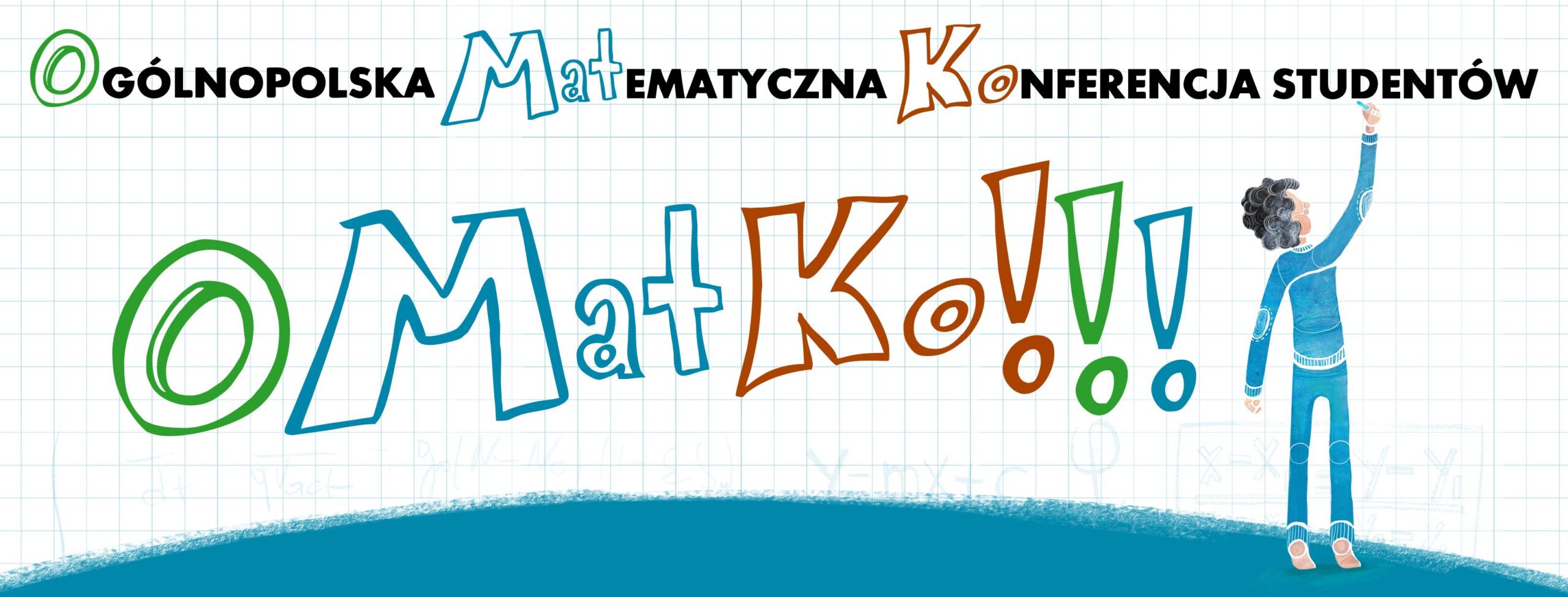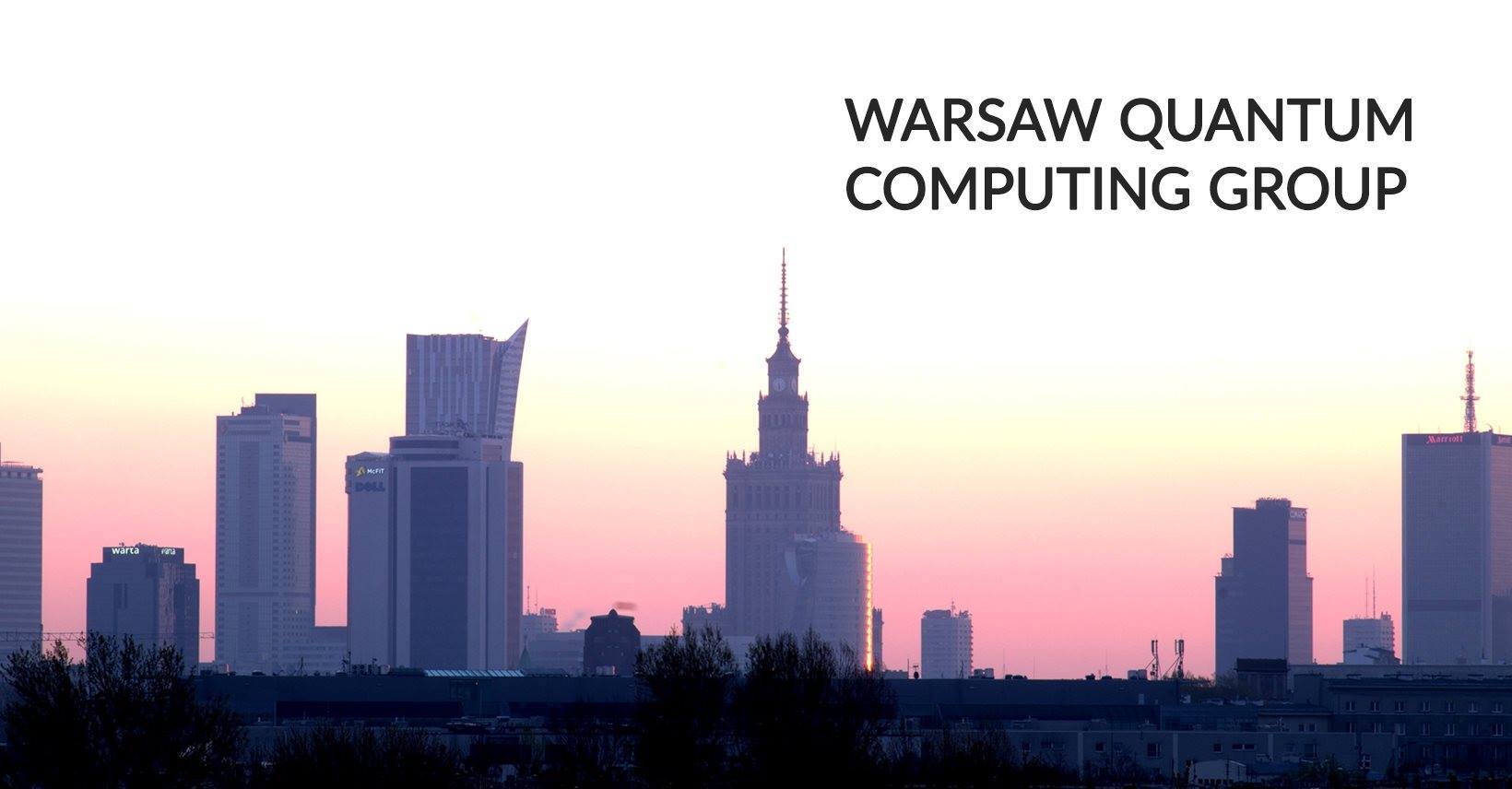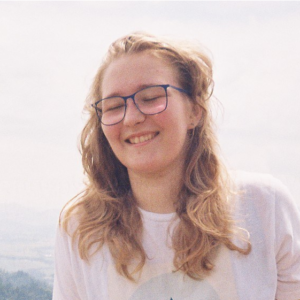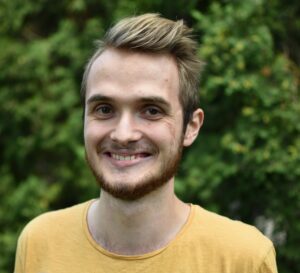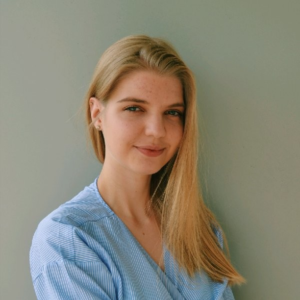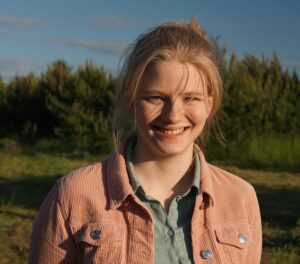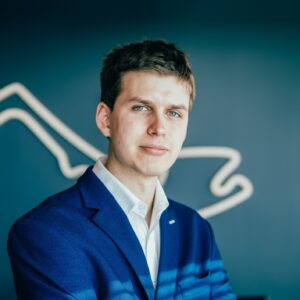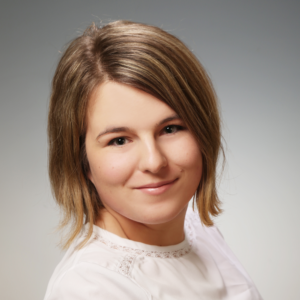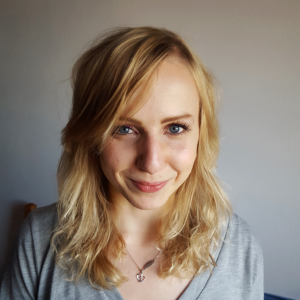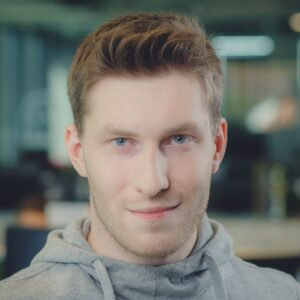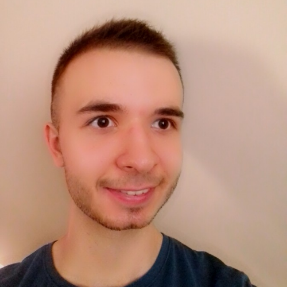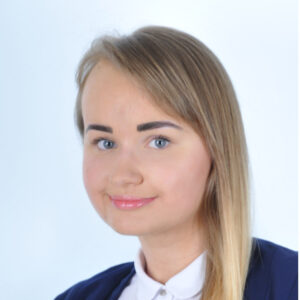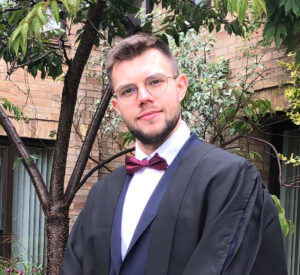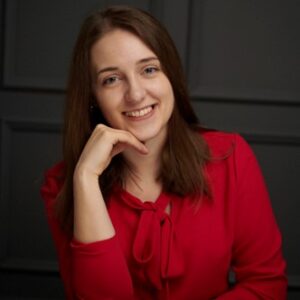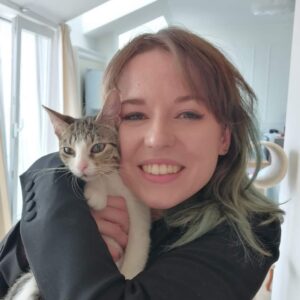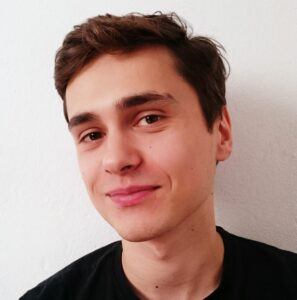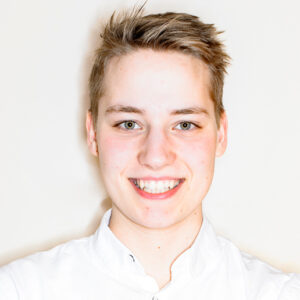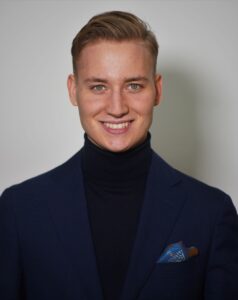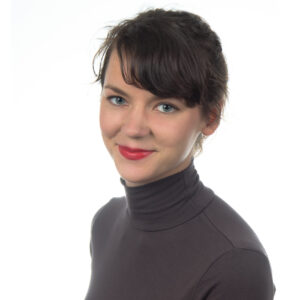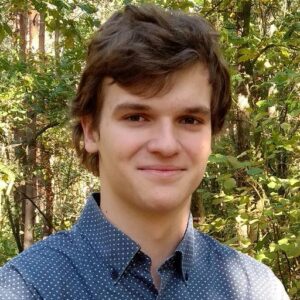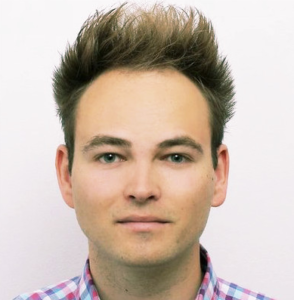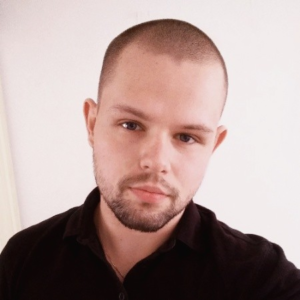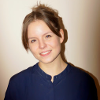
# About event
The ML in PL Conference is an event focused on the best of Machine Learning both in academia and in business. This year, due to the spread of COVID-19 around the world, we've decided to gather remotely. We introduce to you ML in PL Virtual Event 2020 – a one-day event during which you'll be able to discuss bright ideas presented on the poster sessions, listen to the invited speakers from top research facilities, tune in for panel discussion, and find new colleagues during the online networking sessions.
Learn from the top world experts
Share your knowledge
Meet ML community
Feel the unique atmosphere
# Invited speakers
Milica Gašić
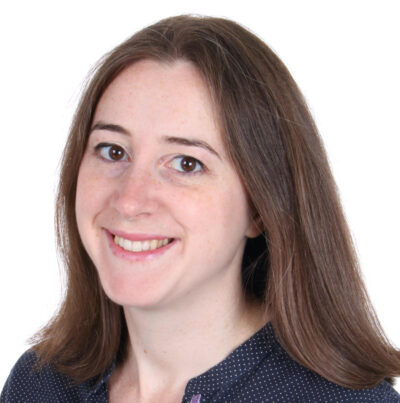
Milica Gašić
Milica Gašić is a Professor of Dialogue Systems and Machine Learning at Heinrich Heine University Düsseldorf. Prior to her current position she was a Lecturer in Spoken Dialog Systems at the Department of Engineering, University of Cambridge where she was leading the Dialogue Systems Group. She completed her PhD under the supervision of Professor Steve Young and the topic of her thesis was Statistical Dialogue Modelling. She holds an MPhil degree in Computer Speech, Text and Internet Technology from the University of Cambridge and a Diploma in Mathematics and Computer Science from the University of Belgrade. She is a member of ACL, a member of ELLIS and a senior member of IEEE.
Kyle Cranmer

Kyle Cranmer
Kyle Cranmer is a Professor of Physics and Data Science at New York University and Executive Director of the Moore-Sloan Data Science Environment at NYU. His background is in experimental particle physics, and he works on the ATLAS experiment at the Large Hadron Collider. Professor Cranmer obtained his Ph.D. in Physics from the University of Wisconsin-Madison in 2005 and his B.A. in Mathematics and Physics from Rice University. He was awarded the Presidential Early Career Award for Science and Engineering in 2007 and the National Science Foundation’s Career Award in 2009. Professor Cranmer developed a framework that enables collaborative statistical modeling, which was used extensively for the discovery of the Higgs boson in July, 2012. His current interests are at the intersection of physics, statistics, and machine learning.
Kalina Jasinska-Kobus
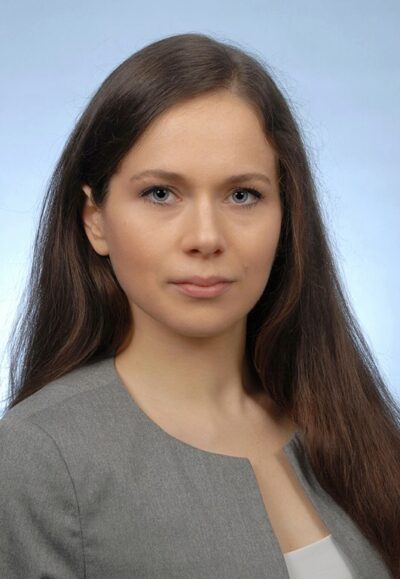
Kalina Jasińska-Kobus
Kalina Jasinska-Kobus is a Research Engineer at Allegro.pl and a PhD student at Poznan University of Technology. She was a research intern at Microsoft Redmond. Her research interests mainly focus on extreme multi-label classification.
Bartosz Ludwiczuk
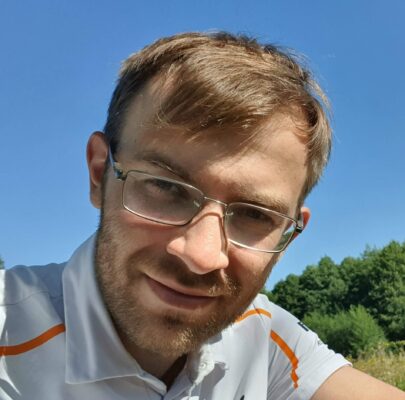
Bartosz Ludwiczuk
Bartosz Ludwiczuk is a Research Engineer at Allegro.pl. His main focus are techniques related to Face-Recognition and Metric-Learning, mainly in the image-domain. The main research topic is related to batch-construction strategies and generalisation of Metric Learning approaches. Bartosz worked on many commercial projects related to OCR, Gait-Recognition or Visual-Search, and participated in Kaggle competitions. He spends his free time mainly on the bike.
Alexei Efros

Alexei Efros
Alexei Efros is a Professor of Computer Science at UC Berkeley since 2013. His research is in the areas of computer vision and computer graphics. In the past few years, his lab has been at the forefront of reviving self-supervised learning, releasing many influential works including pix2pix and CycleGAN. He received his BS from University of Utah in 1997, and PhD from UC Berkeley in 2003. Prior to joining Berkeley, he was a faculty at CMU for nine years and has also been affiliated with ENS/INRIA and the University of Oxford.
# Agenda
[10:00 - 10:20] Opening Ceremony
A short opening ceremony of the event.
[10:20 - 11:20] Keynote Lecture by Milica Gašić: Dialogue as a sequential decision making process
Abstract: Endowing computers with the ability to conduct natural conversation has been a core problem of AI ever since Turing postulated what was latter dubbed ‘the Turing Test’ in the 1950s. Since then two research paths have emerged. The aim of the first approach is to model chit-chat, conversations with no particular purpose. The aim of the second approach is to model task-oriented dialogues, conversations geared towards a particular goal. An elegant framework for this gaol-oriented approach is to view a dialogue as a sequential decision-making process, in which the system learns to talk to the user in such a way that the goal of the conversation is reached. In this talk, I will explain the basics of this learning mechanism and its extensions that lead to better human-computer dialogue interaction.
[11:40 - 12:10] Poster Spotlight
Do you know which posters to see during poster session? The time is limited and there are a lot of posters! Poster Spotlight consists of short presentations of a few posters to help you decide which to visit later.
[12:10 - 13:30] Panel Discussion: Career Paths in Machine Learning
The panel discussion consists of two parts. In the first hour, you will be able to listen to experts working in Machine Learning. You'll have an opportunity to hear from academia, startups, consulting, and industry research. The guests are:
- Łukasz Bolikowski – Associate Director, Data Science at BCG Gamma
- Karol Kurach – CTO of Cosmose,
- Viorica Patraucean – Research Scientist at DeepMind
- Ewa Szczurek – Assistant Professor at University of Warsaw
We will discuss details of building your career and working with ML in all of the key environments contributing to AI growth.
After the discussion panel you will get a chance to chat in a more informal way individually with the panellists in the Panel Rooms. Go ahead and use this opportunity to ask for advice!
[14:20 - 15:20] Keynote Lecture by Kyle Cranmer: Some fun examples from the intersection of machine learning and physics
Abstract: Machine learning and physics have a long history of interactions. Many machine learning techniques have roots in physics, and machine learning techniques have been applied to problems in physics for years. But this interaction has intensified recently, and the interplay touches on many of the most interesting contemporary topics in deep learning including understanding of generalization, generative models, causality, inductive bias, and inference. I will describe some of the results and exploratory work that is being done in this direction.
[15:30 - 16:00] Fireside Chat with Milica Gašić
Meet Milica Gašić, a Professor of Dialogue Systems and Machine Learning at Heinrich Heine University Düsseldorf. Listen about her career journey, her dylemas and choices.
[16:20 - 16:50] Talk by Allegro: Batch construction strategies in deep metric learning
Abstract: In real-world ML applications finding similar items is frequently needed. However, this is not necessarily known how to compare items. Learning a metric that approximates the level of similarity of item pairs, or a function, or an encoder, that embeds the items into a space with some metric, is the goal of metric learning. Frequently the latter approach is more useful as it allows for efficient nearest neighbour search. The task of the learned encoder is to embed similar items closer to each other than to dissimilar ones. The encoder is trained on batches of similar and dissimilar items under a specific loss. As the loss is computed on batches, the effectively optimized criterion depends on what items are included in the batch. We focus on the batch construction strategies and study their impact on the progress of optimization of the task objective. We discuss our findings related to the impact of batch construction strategy on the learning progress and introduce the hard sampler technique, which provides an accuracy boost compared to commonly used sampling techniques.[16:50 - 19:00] Poster session
Meet researchers, who'd like to present their recent work with others. The Poster Session is a great place to meet young people fascinated with their ideas and sharing their recent research. Questions and discussion – everything is allowed.
[19:00 - 20:00] Keynote Lecture by Alexei Efros: Self-Supervised Visual Learning and Synthesis
Abstract: Computer vision has made impressive gains through the use of deep learning models, trained with large-scale labeled data. However, labels require expertise and curation and are expensive to collect. Can one discover useful visual representations without the use of explicitly curated labels? In this talk, I will present several case studies exploring the paradigm of self-supervised learning -- using raw data as its own supervision. Several ways of defining objective functions in high-dimensional spaces will be discussed, including the use of General Adversarial Networks (GANs) to learn the objective function directly from the data. Applications of self-supervised learning will be presented, including colorization, on/off-screen source separation, paired and unpaired image-to-image translation (aka pix2pix and cycleGAN), and curiosity-based exploration.
[20:00 - 22:00] Networking and Games
We kindly invite you to the networking activities prepared for you! Click here to read about them!
# Panel Discussion
Are you at the beginning of your career in Artificial Intelligence? Or maybe you're considering changing your direction?
Come to our discussion panel to listen to experts working in Machine Learning! You'll have an opportunity to hear from academia, startups, consulting, and industry research. Check the topics of the panel on the right.
We'll be open to questions from the audience.
Machine learning skills
skill sets needed in different types of careers
Carrer switching
is it easy to switch from research to industry or vice versa?
Research importance
relevance of machine learning research in the industry
And much more!
Viorica Patraucean
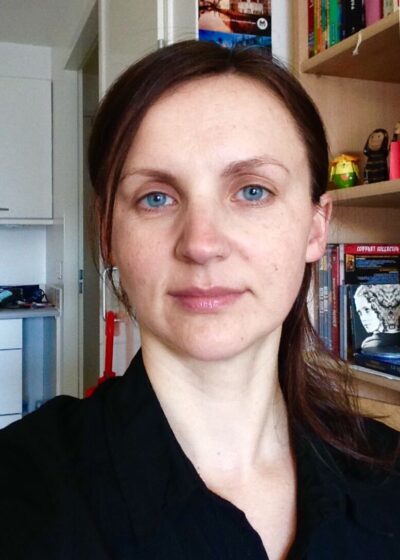
Viorica Patraucean
Viorica Patraucean is a research scientist in DeepMind. She obtained her PhD from University of Toulouse on probabilistic models for low-level image processing. She then carried out postdoctoral work at Ecole Polytechnique Paris and University of Cambridge, on processing of images, videos, and point-clouds. Her main research interests revolve around efficient vision systems, with a focus on deep video models. She is one of the main organisers of EEML summer school and has served as program committee member for top Computer Vision and Machine Learning conferences.
Łukasz Bolikowski
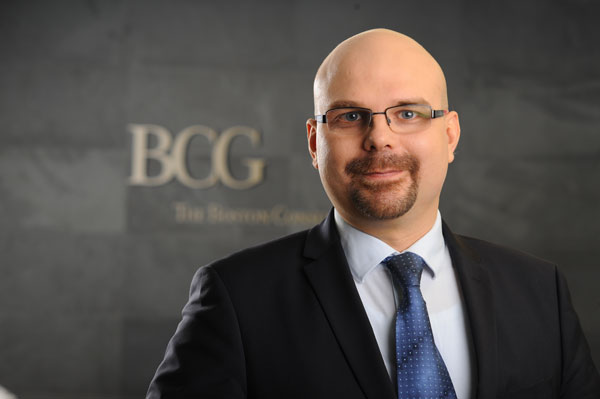
Łukasz Bolikowski
Łukasz is an Associate Director, Data Science at BCG Gamma. He manages design, development and deployment of mathematical models for BCG clients worldwide. He applied ML/AI solutions at global companies from diverse sectors: Retail, CPG, Fashion, Oil & Gas, Airlines and Banking. MIM UW alumnus, PhD in Computer Science from Polish Academy of Sciences.
Ewa Szczurek
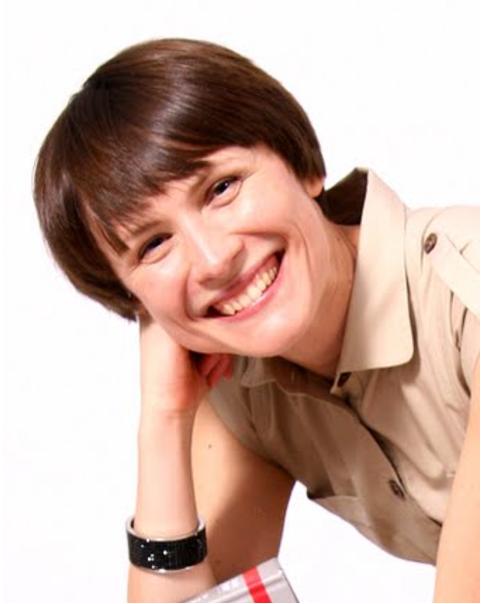
Ewa Szczurek
Ewa Szczurek is an assistant professor at the Faculty of Mathematics, Informatics and Mechanics at the University of Warsaw. She holds two Master degrees, one from the Uppsala University, Sweden and one from the University of Warsaw, Poland. She finished PhD studies at the Max Planck Institute for Molecular Genetics in Berlin, Germany and conducted postdoctoral research at ETH Zurich, Switzerland.She now leads a research group focusing on machine learning and molecular biology, with most applications in computational oncology.
Karol Kurach
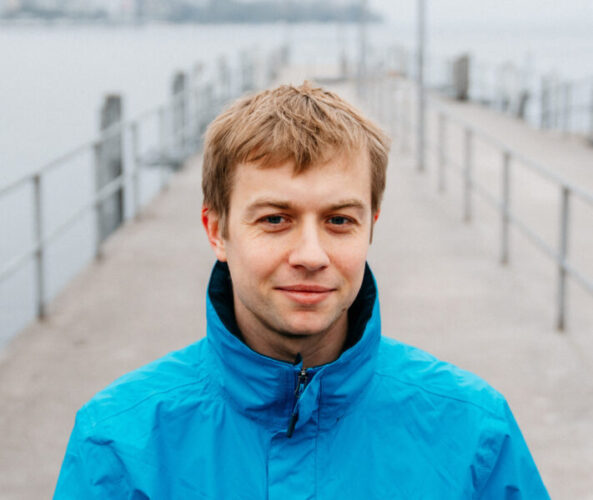
Karol Kurach
Karol Kurach is a Chief Technology Officer at Cosmose, trying to understand and predict how 1 billion people shop offline. Before Cosmose, he was a Research Lead at Google Brain, focusing on projects related to Reinforcement Learning, GANs and sequential models. He is also a co-author of intelligence systems inside Gmail, such as Smart Reply and Categories (a.k.a. Tabs). During his PhD at the University of Warsaw, he worked on deep neural architectures with external memory, in collaboration with researchers from Brain and OpenAI. Winner of many programming competitions, including 24h coding marathons. He represented Poland and was an European Champion & ACM ICPC World Finals silver medalist.
# Community Partners
# ML in PL Organizers
We are a group of young people who are determined to bring the best of Machine Learning to Central and Eastern Europe by creating a high-quality event for every ML enthusiast. Although we come from many different academic backgrounds, we are united by the common goal of spreading the knowledge about the discipline.

# Registration
We are glad that so many of you applied to our conference and we are excited to see you there!
The registration closed on 29 November 2020.

